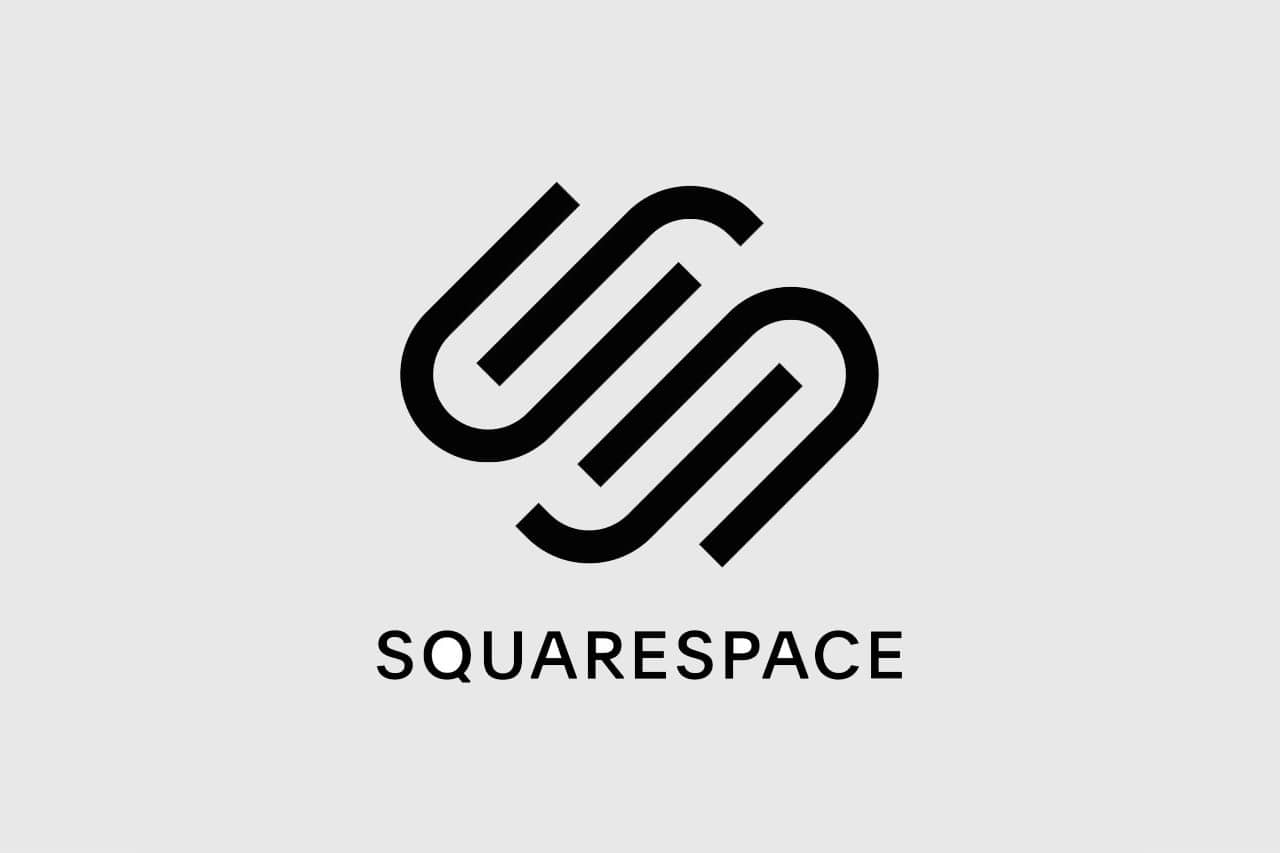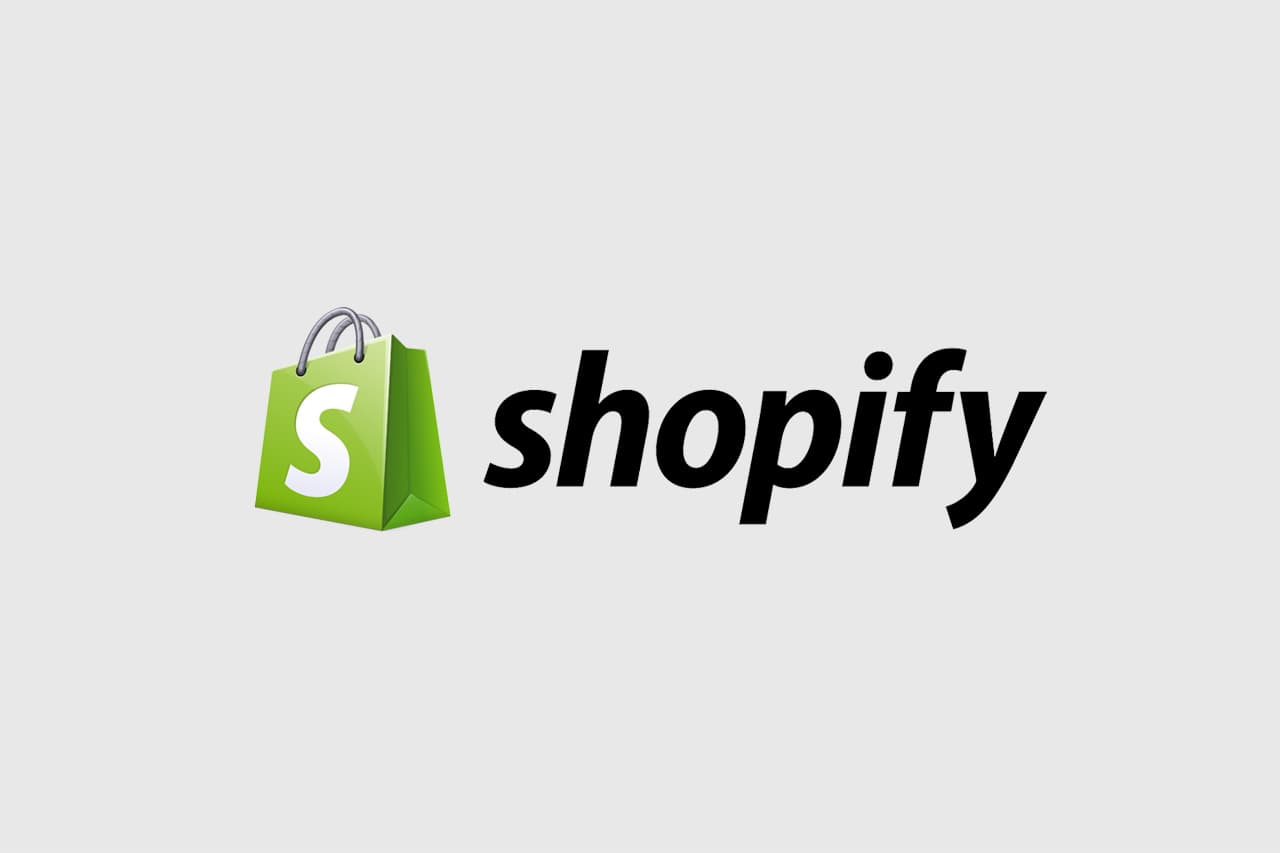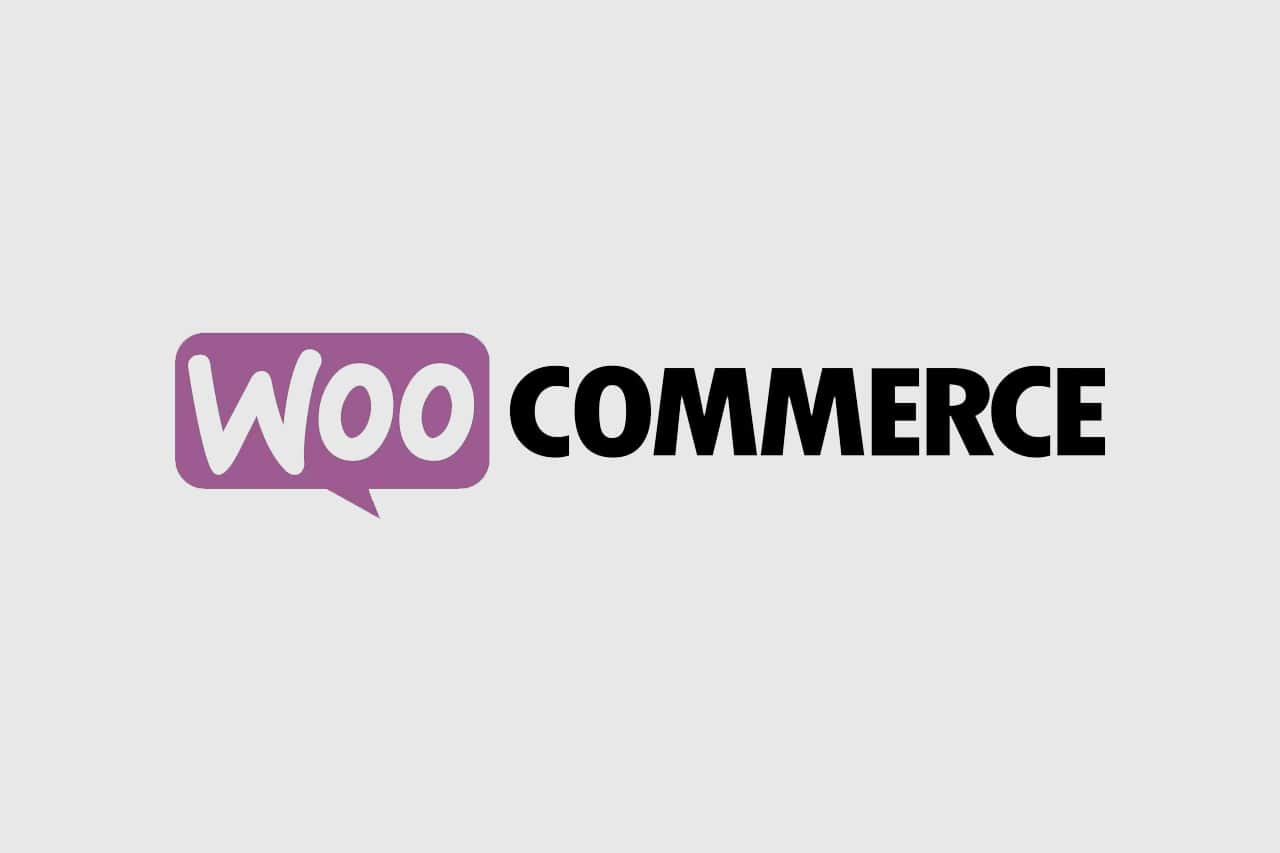Comparing Ecommerce options, which ecommerce solution should I pick?
Written by Tom Battcock
Firstly what counts as an ecommerce solution?
E-commerce (electronic commerce) is the activity of electronically buying or selling of products on online services or over the Internet. There are various methods and platforms for doing this such as Amazon or ebay. We are going to focus on platforms aimed at smaller independent businesses, startups and businesses that build their own products.
Which ecommerce platforms are we going to compare?
We are going to look at what most consider to be the 3 best options for building ecommerce sites and also one option for building e-commerce into your wordpress site.
Pro’s and cons of ecommerce solutions:

Wix
is a cloud-based web development platform, It allows users to create HTML5 websites and mobile sites through the use of online drag and drop tools.
- Pro’s
- Easy to use and no tech skill required to build a site
- Decent creative control over the look and feel of some elements
- Cheap at only £23 a month
Con’s
- No multichannel selling across social media
- Limited backend functionality for creating items

Squarespace
provides software as a service for website building and hosting. Its customers use pre-built website templates and drag and drop elements to create webpages.
Pro’s
- Excellent integration with social media for re-sharing
- Cheap at circa £20 a month
- Has some nicely design templates
Con’s
- Limited payment options
- No additional plugins as there is no App market
- Limited multichannel selling across social media

Shopify
offers online retailers a suite of services including payments, marketing, shipping and customer engagement tools to simplify the process of running an online store for small merchants.
Pro’s
- Really strong sales features
- Built in drop shipping tools
- Multichannel selling
Con’s
- Transaction fees and prices are very high

WooComerce
is an open-source ecommerce plugin for WordPress. It is designed for small to large-sized online merchants using WordPress.
Pro’s
- Limitless customisation
- Inbuilt within a large website so can offer a wider range of features from your site
- Lots of styling options
- Really strong SEO
- Free
Con’s
- Unique design and themes require some technical knowledge
- Limited customer support options
Conclusion:
The platform you use depends a lot on where your business is and where you want to get to. If you are a new business or small business then Wix is the way to go, cheap and easy to set up and gets you enough functionality to get your products out there and to identify if there is a strong customer base for what you are selling. However I would always consider this as a stepping stone and not the final solution as you should be looking to outgrow wix once you have refined you products, marketing and customers. Once you have set up a customer base and marketing plan it makes sense to move to a platform that allows you more room to expand. When looking to expand the two factors are, how much technical support can you get and is your business bigger than just a shop front. If you don’t have technical support and your business is solely focused around your shop front, then shopify gives you the ability to grow away from wix. However if you do have other aspects to your business, such as a mailing list hook up, blogs, case studies, portfolio subscriptions or more in-depth content then it makes more sense to move to WordPress and woocommerce as it allows your store to continue to grow but also gives you all the additional plugins available in wordpress to grow your business in other ways.
Whilst it may need more technical support there are companies out there (such as ourselves) who specialize in helping non technical focused companies get set up with a unique site with an ecommerce offering and a range of functionality.
Next week:
Follow us on our facebook, instagram or twitter to get notifications on all our Blogs, and come back next week for our how to guide on woo-comerce.


0 Comments